Channeling one of the calls from our Community is Everything campaign, the NT Government has announced $18.2 million dollars in new funding including for community organisations to run diversion programs that help keep kids out of the justice system.
In the wake of a horrific exposé last year of conditions for children in Don Dale Detention Centre, Amnesty called on to governments to dramatically increase funding for such programs, including Indigenous-led programs in particular. This recent announcement is a great first step to help keep children safe in the NT and we welcome it.
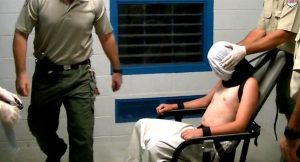
What happened?
In July 2016, the whole country bore witness to footage of human rights abuses against children at Don Dale Detention Centre aired in an exposé by ABC’s 4 Corners. The program highlighted the depth of the youth justice crisis in the Northern Territory and immediately sparked a Royal Commission into the Protection and Detention of Children.
How did Amnesty respond?
In the immediate aftermath of the exposé, Amnesty International called for an independent investigation and measures to prevent children in the justice system from harm. Our local activist group in Darwin led a vigil at Don Dale Detention Centre, and we were prominent in the media with calls for territory and federal governments to take action.
One of our calls was for the Federal Government to improve independent oversight by ratifying the Optional Protocol to the Convention Against Torture (which was recently done – win!).
In the lead up to the Northern Territory election in August, we supported the calls of local Aboriginal organisations and the Making Justice Work coalition, that whoever came to power must act swiftly to protect children from further harm and ensure that the justice system better supports children to keep them out of detention.
We also reiterated that the Northern Territory Government should “heed the calls of the local Making Justice Work coalition to urgently prioritise reducing the number of children it currently imprisons. This coalition has drawn on local expertise to set out priorities to make this happen. These include:
- bail support and accommodation to stop young people from being locked up without trial
- better resources for diversion programs as an alternative to detention
- Early intervention and primary prevention to support children and their families to succeed.”
Since then, we have welcomed the appointment of the NT’s first-ever Youth Justice Minister and offered them our expertise and recommendations around Indigenous-led solutions for brighter futures. We also welcomed a ban on the indefensible use of restraint chairs on children in detention in the territory.
What’s next?
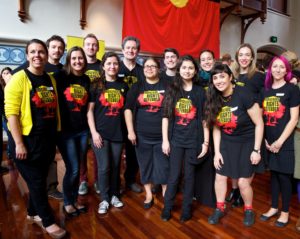
We have made a submission to the NT Royal Commission which highlights some of the challenges the new Northern Territory and the Federal government must address. We have met with the new government and will continue to do so to offer our expertise. Our local groups will continue to build relationships with key decision-makers in the Northern Territory, and we will continue to support the work of local Aboriginal organisations to secure further positive changes.
While there is a lot of work still to be done and some of that work must await the report of the Royal Commission, the announcement of this crucial funding demonstrates the desire of the new government to ensure that children reach their full potential.
We need to see this type of approach across all states and territories. We need to see more support for Indigenous-led solutions to help children to thrive.
The Royal Commission is due to hand down its final report on 1 August 2017, which will be a critical time to ramp up pressure on the Prime Minister to ensure that a national strategy is developed to end the over-representation of Aboriginal and Torres Strait Islander children in detention right across Australia. This is an issue that demands national leadership, much more support for Indigenous-led solutions and a plan for lasting change.
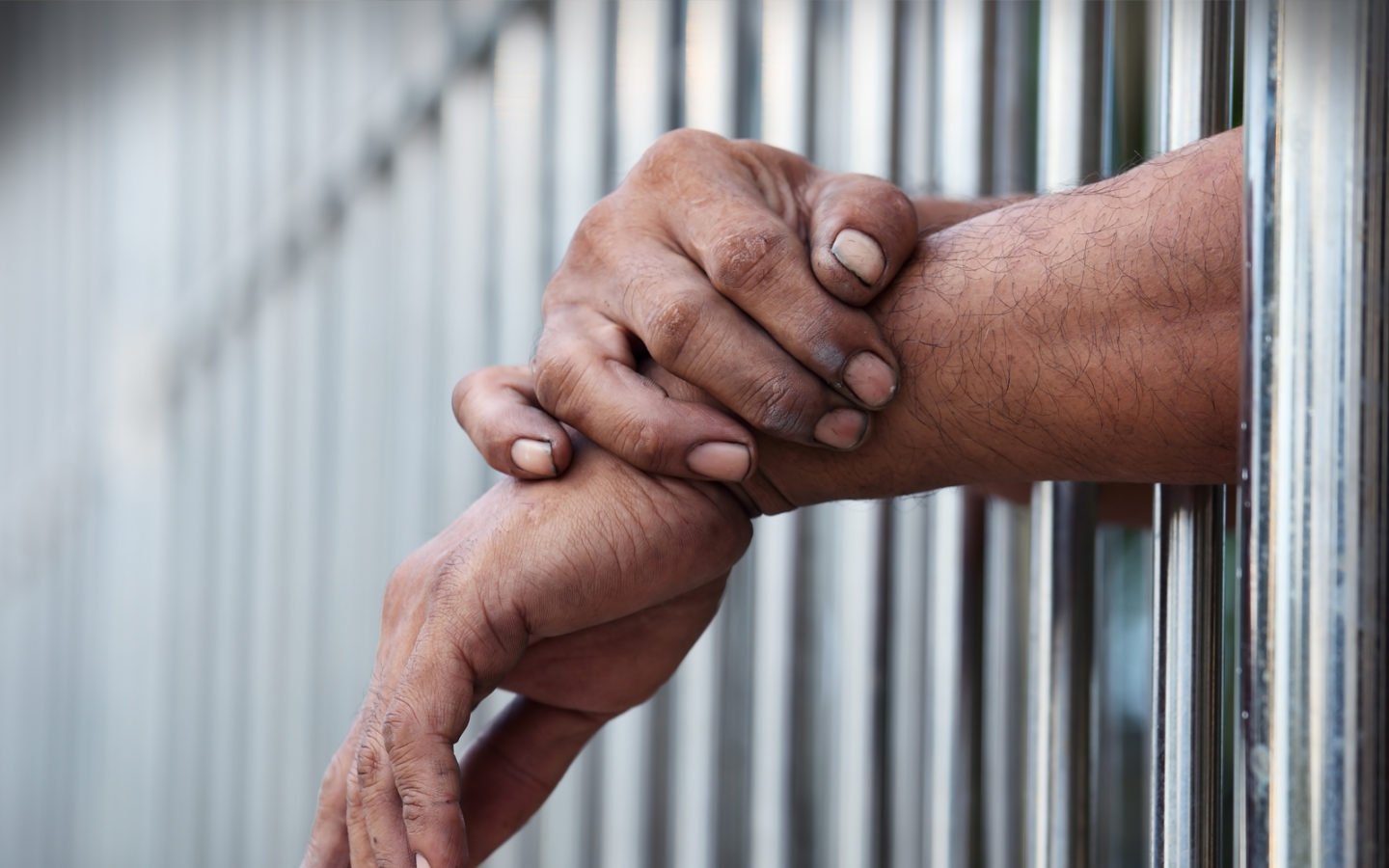
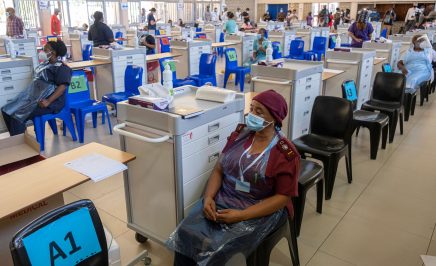

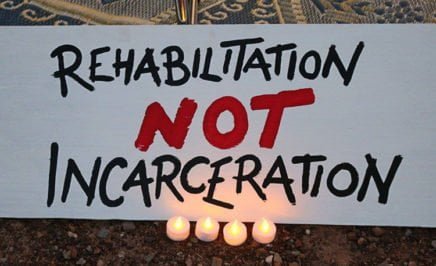
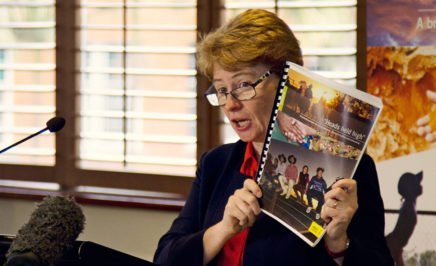
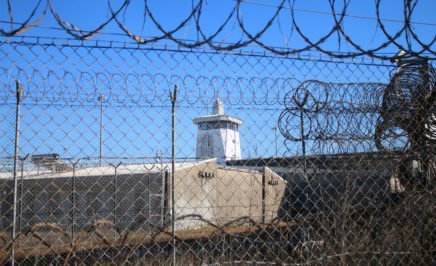
This is great news indeed. One thing that is needed for this to work is that the Abofiginal kinship system be well understood by those involvewd in any interventions. Aboriinal people traditionally have a “classificatory kinship system” in which relationshipo categories such as father, mother, sister, brother and cross-cousin are not confined to the individual, literal relationship but are extended, through the principle of equivalence of same-sex siblings – so that most people have a large number of relatives known by these terms. Each class of relationship has its particular duties and obligations. This system is very useful in caring for people, and needs to be well understood and drawn on in making decisions about the future of individual children. A system for this should not be arbitrarily imposed by government officials, but developed in consultation with Aboriginal people who have the necessary knowledge and wisdom..